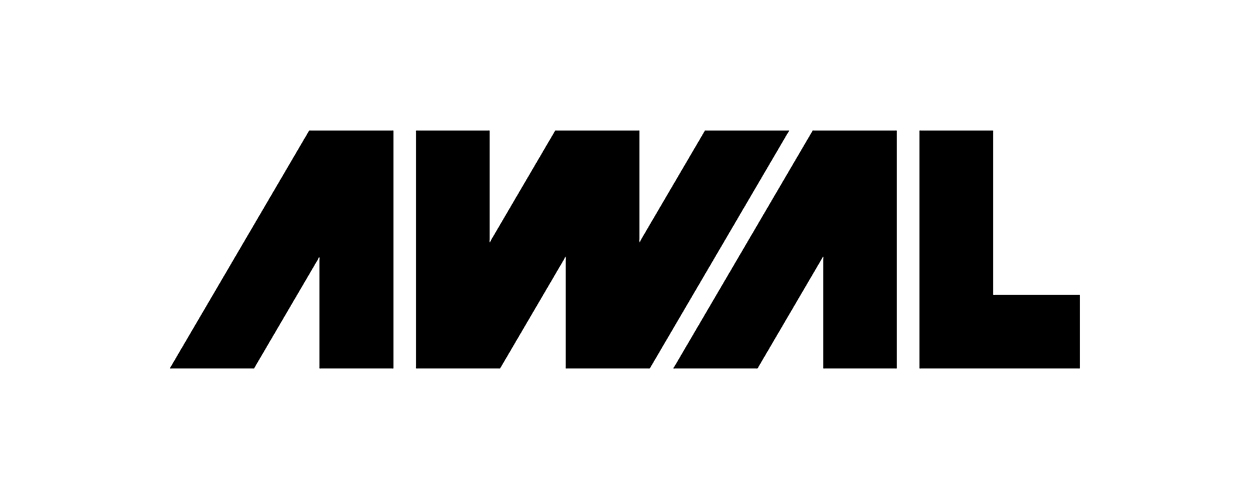This website uses cookies so that we can provide you with the best user experience possible. Cookie information is stored in your browser and performs functions such as recognising you when you return to our website and helping our team to understand which sections of the website you find most interesting and useful.
Business News CMU Digest
CMU Digest 20.03.21: AWAL, Spotify, Capitol UK, Ticketmaster, Genius
By Chris Cooke | Published on Sunday 20 March 2022

The key stories from the last week in the music business…
The UK’s Competition & Markets Authority formally approved Sony Music’s acquisition of label services business AWAL. The major first announced it was buying the recordings division of Kobalt – including AWAL and a neighbouring rights agency – in February 2021. Sony is already a significant player in the artist and label services domain via its The Orchard business, meaning the deal raised competition law concerns. After a phase one investigation, the CMA said there were sufficient concerns to warrant a more detailed phase two investigation. However, last month it then announced a provisional decision to approve the acquisition without conditions, and that decision has now been confirmed. [READ MORE]
Spotify confirmed it was entering into a $310 million sponsorship deal with FC Barcelona, causing a predictable backlash in the music community. The tie-up with the Spanish football team makes more sense in the context of Spotify’s podcast business, where sports content has lots of potential. But the streaming firm was keen to argue that the music industry would benefit too, because the partnership with FC Barcelona could expand its subscriber base around the world, especially in some key emerging markets, plus it will look to promote artists via the football team’s stadium and shirts. However, Spotify’s critics in the music community nevertheless contrasted the deal with the tiny per-play royalties paid by streaming services, and the company’s attempts to block an increase in the song royalty rate due under the compulsory licence provided by US copyright law. [READ MORE]
Universal Music UK announced it was merging its EMI and Capitol labels. Both were created following Universal’s acquisition of the old EMI major record company in 2012. The former was initially known as Virgin EMI and combined Universal’s existing Mercury Records with one of the EMI UK divisions it had just bought, that being Virgin Records. Capitol was the old EMI’s main label brand in the US, but Universal introduced it into the UK too by rebranding its London Records label. Announcing that the EMI and Capitol teams and rosters were now coming together, Universal said the move would “give Capitol’s artists access to EMI’s industry-leading teams and expertise in what is gearing up to be a busy year for both labels”. [READ MORE]
Two American senators called on the US Department Of Justice to again look at potential competition issues in the ticketing market, especially in relation to Live Nation and its Ticketmaster business. Richard Blumenthal and Amy Klobuchar – who have raised concerns about Live Nation’s dominance of the US live sector before – were prompted to write to the DoJ again following a segment about the ticketing business on John Oliver’s ‘Last Week Tonight’. The interaction between Live Nation and Ticketmaster is regulated to an extent by a consent decree they both agreed to with the DoJ when the two companies merged in 2010. But the senators wrote: “We are deeply concerned that the department’s past enforcement and negotiated remedies in this industry have failed to adequately foster and protect competition in live entertainment and ticketing markets”. [READ MORE]
Google successfully defeated the lyric-theft lawsuit filed by Genius for a second time. Genius has accused Google of pulling lyrics off its website for the info boxes that appear on the Google search engine whenever you search for a song. Google argues that it gets its lyrics from its music industry partners, in particular LyricFind. Nevertheless, when Genius used a specific combination of apostrophes and spaces in its lyrics, those specific combinations appeared in the Google info boxes. However, Genius doesn’t own the copyright in any of the lyrics it publishes, so couldn’t sue Google for copyright infringement. Instead it sued for breach of contract and unfair competition. But at first instance Google successfully argued that because this was a copyright dispute Genius couldn’t pursue those alternative claims. Genius appealed but the Second Circuit appeals court has now also concurred with Google’s interpretation of the law. [READ MORE]





